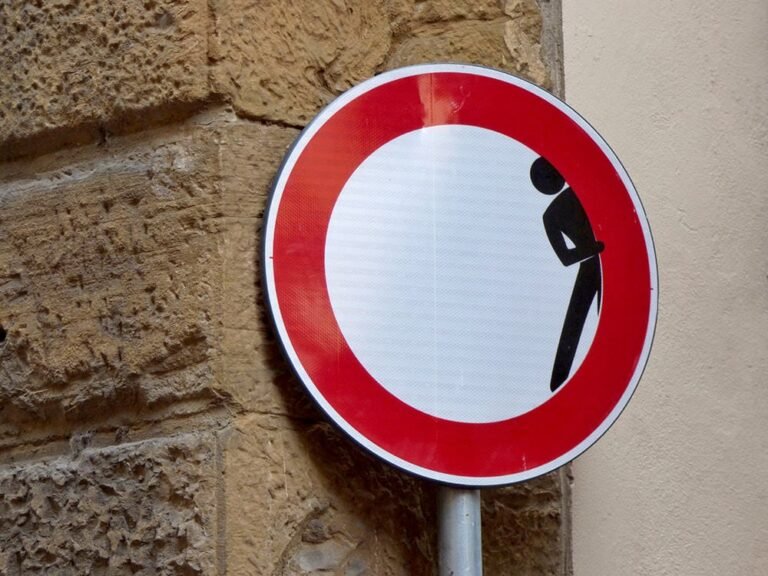Grammar: Possessive Adjectives
French possessive adjectives are used to describe to whom something or someone belongs. Their English equivalents are words like “my,” “your,” “his,” “her,” “its,” “our,” and “their.”
They replace articles
They are used instead of an article. Articles are words like “un,” “une,” “le,” “la,” “l'” (l + apostrophe), “de,” “du,” “de la,” “de l'” (de + l + apostrophe), and “des.” These mean things like “a,” “an,” “the,” “some,” or “any.” You don’t need an article if you’re using a possessive adjective.
They go where?
Possessive adjectives go before the noun.
They agree with noun
Possessive adjectives agree in number with the noun. If the noun is singular, the possessive adjective also agrees in gender.
| English | Masculine singular | Feminine singular | Plural |
| my | mon | ma | mes |
| your | ton | ta | tes |
| his/her/its | son | sa | ses |
| our | notre | notre | nos |
| your (plural/formal) | votre | votre | vos |
| their | leur | leur | leurs |
Examples
| English | French | Gender | Number |
| my glass | mon verre | masc | singular |
| my window | ma fenêtre | fem | singular |
| my cups | mes tasses | fem | plural |
| your dog | ton chien | masc | singular |
| your aunt | ta tante | fem | singular |
| your cushions | tes coussins | masc | plural |
| his/her/its seat | son siège | masc | singular |
| his/her/its box | sa boîte | fem | singular |
| his/her/its neighbours | ses voisins | masc | plural |
| our tree | notre arbre | masc | singular |
| our house | notre maison | fem | singular |
| our sisters | nos sœurs | fem | plural |
| your nephew | votre neveu | masc | singular |
| your car | votre voiture | fem | singular |
| your flowers | vos fleurs | fem | plural |
| their uncle | leur oncle | masc | singular |
| their forest | leur forêt | fem | singular |
| their pebbles | leurs cailloux | masc | plural |
Gender agreement
Note that, unlike English, the French possessive adjective agrees with the gender of the noun that is possessed, not with the gender of the person who possesses it.
Note also that you use the same word for “his,” “her” and “its.” That is because, as just mentioned, the French possessive adjective agrees with the gender of the noun that is possessed, not with the gender of the person who possesses it.
“Son” does not mean “his” and “sa” does not mean “her.” “Son” can mean either “his,” “her,” or “its,” because it varies depending on the noun gender, not the gender of the person who owns the noun.
This gender agreement is only visible with singular nouns. French possessive adjectives don’t distinguish between genders when used with plural nouns.
| English | French | Why |
| my father | mon père | père is masculine |
| my mother | ma mère | mère is feminine |
| my parents | mes parents | parents are plural |
| your father | ton père | père is masculine |
| your mother | ta mère | mère is feminine |
| your parents | tes parents | parents are plural |
| his father | son père | père is masculine |
| his mother | sa mère | mère is feminine |
| his parents | ses parents | parents are plural |
| her father | son père | père is masculine |
| her mother | sa mère | mère is feminine |
| her parents | ses parents | parents are plural |
| its path | son chemin | chemin is masculine |
| its window | sa fenêtre | fenêtre is feminine |
| its lawns | ses pelouses | pelouses are plural |
Nouns starting with vowel or silent “h”
If a singular noun starts with a vowel or a silent “h” (for example “amie” for ‘female friend’ or “habitation” for house), use the masculine singular possessive adjective, even if the noun is feminine. This is necessary to avoid having two vowels in a row.
| English | French noun | Result |
| my (female) friend | une amie (feminine) | mon amie |
| your house | une habitation (feminine) | ton habitation |
| her school | une école (feminine) | son école |






